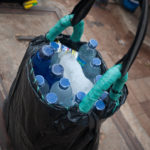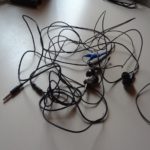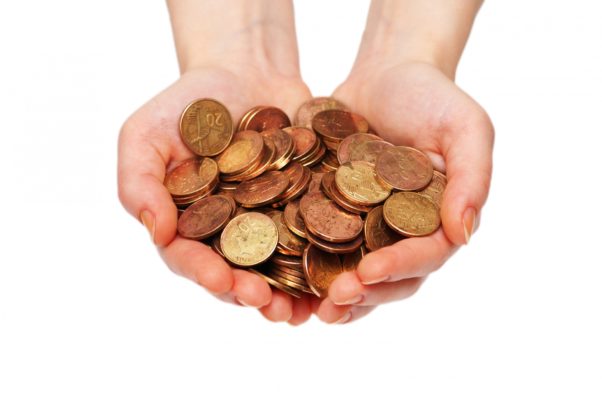How to beat the heat at home without air conditioning
Summer is the most fertile time for most people living in our latitudes. Of course, it’s precisely at this time that we are used to going on vacation to bask in the rays of the gentle sun, lying on the well-warmed golden sand of a beautifully equipped beach, rocking on the sea waves. However, there is a downside, which is much less pleasant. In areas with a continental climate, summer days are sometimes unbearably hot, which (unlike southern seaside resorts) is not at all alleviated by the proximity of the sea.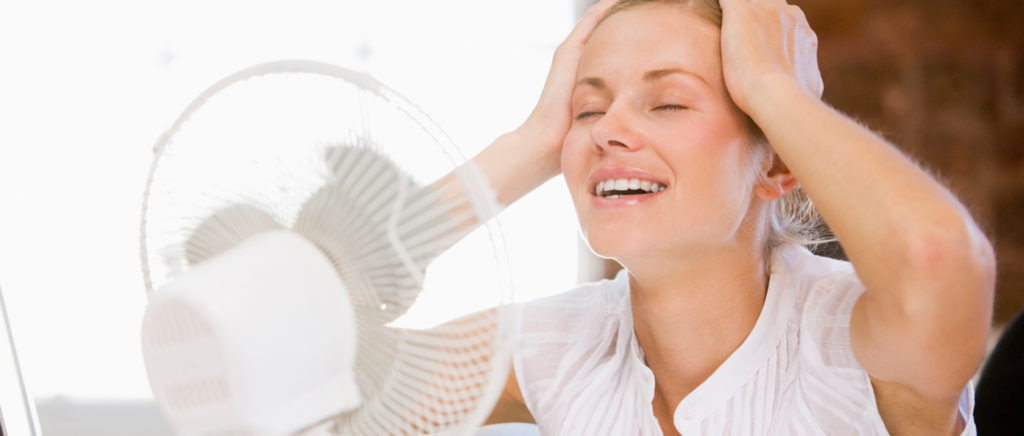
Not everyone has the opportunity to go to the sea for the whole summer. And at home or in the country you have to save yourself from overheating.
The content of the article
Why is overheating dangerous?
First, it’s worth figuring out at what temperatures that very unpleasant condition that we call overheating can occur. This indicator is not constant and depends on several factors. The main one is the peculiarities of the local climate. At the resorts of Sochi, for example, I practically do not limit myself in clothing and do not try to lighten my suit as much as possible (except for the beach, of course) in order to look attractive.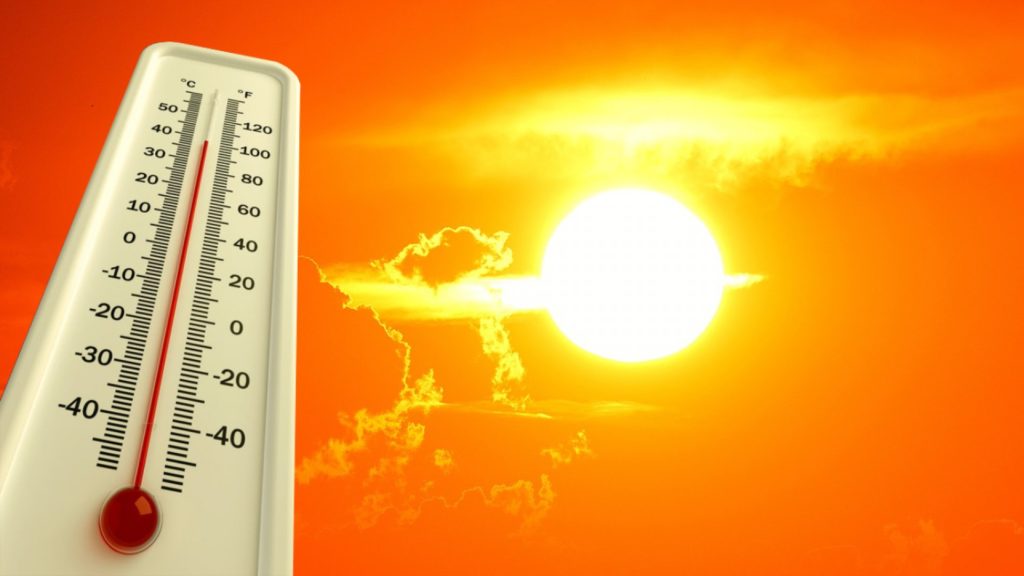
Reference! At seaside resorts, 35° on the beloved Celsius scale is perceived as much more comfortable than 26° in mid-latitudes. Perhaps this is one of the important reasons for the eternal desire of city residents to spend their holidays near water?
Even at a temperature of about 40°, I don’t feel much discomfort when wearing a fashionable dress or blouse with a skirt, and additionally a scarf around my neck and other accessories. Sacrificing an image is not my style. But in the south of Western Siberia, living at 30° becomes simply unbearable.
I, like many others, find the summer heat (in my latitudes) very difficult to bear. Therefore, I studied this problem well and learned to deal with overheating - both at home and on the street. By the way, we don’t have air conditioning in our house. Not yet.
Experts talk a lot about the dangers of overheating, and I agree with them. I myself had a chance to experience “all the hardships and hardships.”
One of the unpleasant consequences of overheating is dehydration (dehydration). Trouble creeps up unnoticed, especially if you spend a long time fiddling around in the garden during the day and, in the heat of passion for fighting weeds, you forget about breaks for a cup of aromatic green tea, brought from a recent trip to China, and even flavored with jasmine petals just picked from your garden.
Dehydration isn't just about weight loss. There are also other troubles:
- poor health and general weakness;
- loss of vital minerals and trace elements - they simply leave the body along with sweat;
- circulatory disorders;
- and even bad blood tests.
There is no point in talking about sunburns - they are extremely unpleasant in themselves. But the worst thing about them is the possibility of getting skin diseases, including skin cancer.
Another danger is heat stroke. I experienced it myself, and therefore I speak with knowledge of the matter. You can earn it not only on the street (as opposed to sunny), but also without leaving your home. Believe me, this is a very unpleasant condition. When heat stroke occurs:
- lethargy and weakness that came from unknown sources;
- dyspnea;
- redness of the skin, a painful blush, and not at all the blush that every girl dreams of;
- nausea, smoothly and inevitably turning into vomiting.
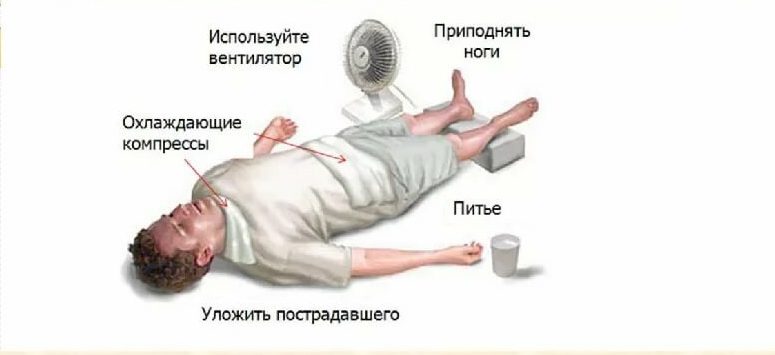
And finally, the crowning glory of heatstroke. The “lucky one” feels very dizzy and his vision becomes dark. And in especially severe cases, visual and auditory hallucinations, muscle spasms and fainting occur.
Most often, heatstroke occurs in children and the elderly. In the first, the body is not yet strong, and in the second, it is already weakened. But such problems are quite possible for people in the prime of their emotional and vital forces.
How to escape the heat if there is no air conditioning
Air conditioning is the best way to protect yourself from heat and its unpleasant consequences. The consumer can configure it to ensure the most comfortable microclimate in the house. But air conditioning is quite expensive equipment that is not affordable for every family. In addition, you have to install an outdoor unit and drill a wall, and this is not allowed to be done in any city high-rise building. And in a dacha it is generally not economically feasible to install climate control equipment. You have to escape the heat without air conditioning, especially since this is quite possible. Here are some ways:
- Do not let the hot rays of the sun penetrate into the apartment. Apply reflective film to the windows using regular tape. But not on the glass (it will leave marks that are difficult to remove), but on the frames.
- Take care of air circulation. Open the windows on opposite sides of the apartment - let the draft blow through.
- Fill 1.5 liter plastic bottles with water and freeze in the refrigerator. A fan placed in the corner and directed at the resulting ice is an excellent alternative to air conditioning.
- Drink more water to avoid dehydration. Coffee and alcohol are not allowed. Energy drinks and sugary sodas are not recommended. Plain water, unsweetened green tea (not hot), mineral water (in no case from the refrigerator - contrary to popular belief) are welcome.
- Prepare light food - salads, steamed vegetables, fish, steamed chicken breast, meat broth. It's tasty and healthy.
- Take a shower or swim in the pool more often (if you are at the dacha).
- Replace all incandescent bulbs with LED bulbs - they produce little heat.
- Don't get carried away with home cooking: cooking is always accompanied by an increase in the temperature in the room.
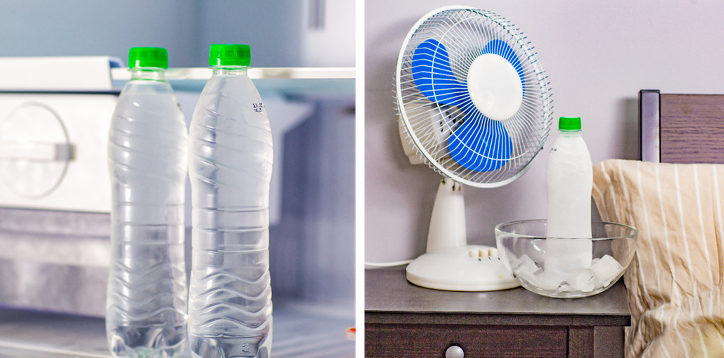
I’ll also say something about choosing the “right” clothes. Everywhere they recommend things made from exclusively natural materials, mainly cotton, and actually prohibit synthetics. I strongly disagree with this. Cotton clothing, of course, “breathes” and absorbs moisture well. But after it absorbs, it stops “breathing”, and all the benefits of natural materials disappear. The same T-shirt begins to stick unpleasantly to the body and is even difficult to remove. You have to have several replacement items on hand at once.
Regular synthetics are even worse. But I found for myself and wholeheartedly recommend to everyone things designed for sports. They are made of synthetics using special technologies. They do not absorb moisture, but remove it from the body, evaporate into the atmosphere and dry very quickly - right on the body.
Reference! Of course, branded NIKE with Dri-Fit technology costs noticeably more, but in the end, even in the hottest weather, you remain dry and comfortable, albeit with increased sweating.
And one last thing. If problems still arise, be sure to consult a doctor, or better yet, call an ambulance.

